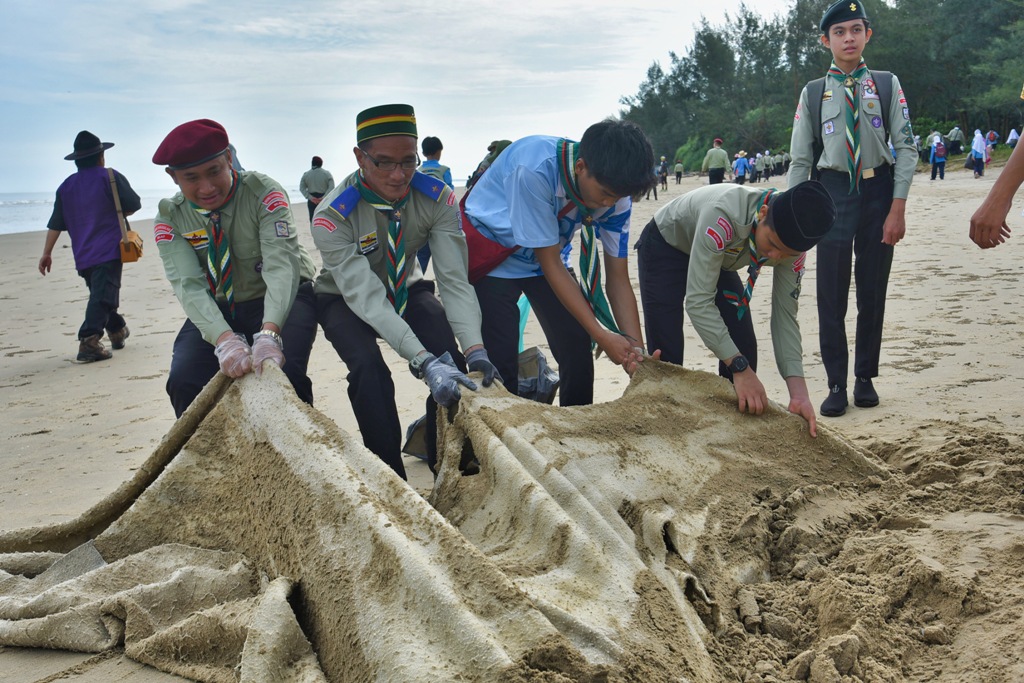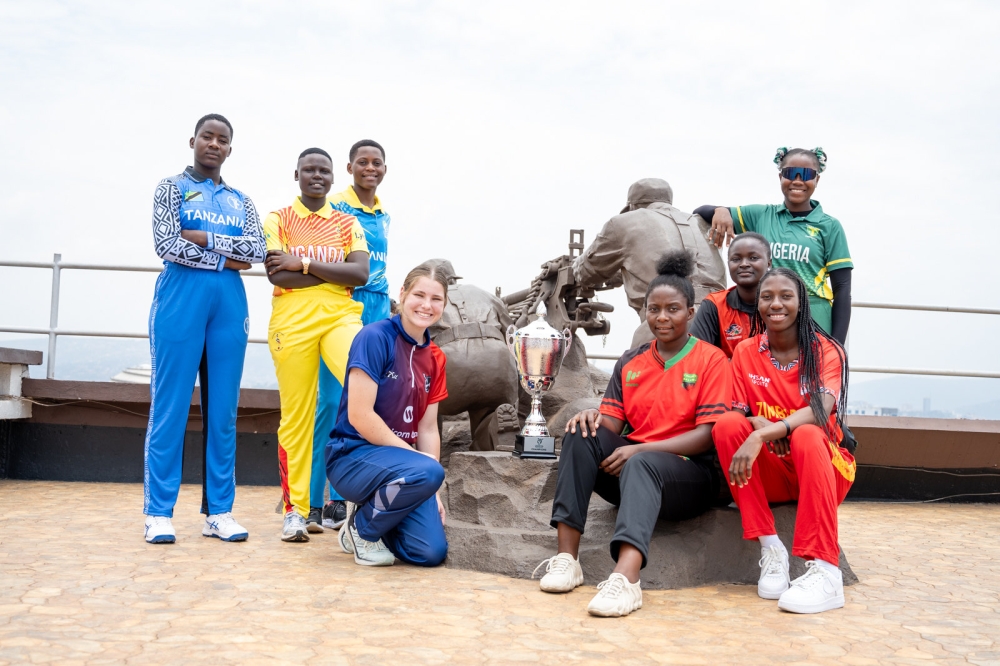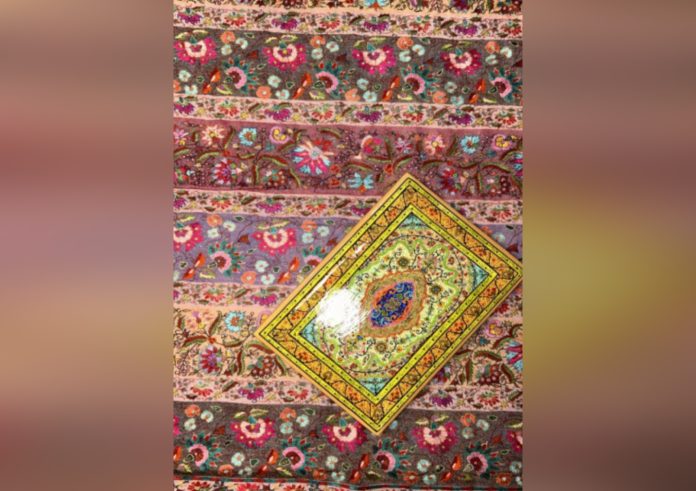This summer, students of Lithuanian origin from the US and Canada spent five weeks in Lithuanian companies, as well as medical, scientific, and state institutions under a special internship programme. Liepa Januškaitė is one of this year’s participants of the Lithuanian Expatriate Student Internship Scheme (LISS). Her dad moved to the US in 1994.
Like many, he planned to earn some money and return to Lithuanian. But his wife, Liepa’s mother, soon came to stay with him, and it just so happened that they stayed in the US, the young woman says. “My mother used to say that she never wanted to go to the US.

But she has been living here for more than 20 years. My brother and I were born in Chicago,” says the American Lithuanian. According to Liepa, her parents tried hard to keep the Lithuanian identity and language in the family.
Lithuanian was her first language, and she says she only learned English when her brother started primary school. “I went to a Lithuanian kindergarten, then to a Lithuanian school on Saturdays, and at home, we spoke only Lithuanian. From a very young age, we have celebrated Christmas Eve, Easter, St.
John’s Day, All Souls Day, all according to Lithuanian traditions,” Liepa shares. She is currently studying Spanish and Linguistics at New York University, is interested in creative writing, and is considering studying translation. The American Lithuanian says she heard about the opportunity to intern in Lithuania from her friends who had previously participated in the LISS programme.
“It was a good opportunity to be with my family, to strengthen my roots, and to gain professional experience,” she says. Liepa did her internship in an American transport and logistics company, which was founded in Chicago but is expanding in Lithuania. For five weeks, she worked as a culture and communication consultant.
“I really enjoyed the internship. I didn’t know anything about logistics companies before, so I learned a lot. I also learned a lot about communication, how Lithuanian and American cultures differ, what it is like to work in an office,” Liepa shares.
New ideas Liepa used to come to Lithuania every year when she was a child, and now she visits the country at least once every two years. However, this time was different, she says. “My whole family is from Kaunas, so I don’t usually spend much time in Vilnius.
It was a completely different environment to live in Vilnius and be among peers rather than family,” the young woman says. “I noticed that in Vilnius, there are a lot of construction works, that Lithuania is renewed. From my childhood, I probably remember Soviet apartment blocks the most, but now there are a lot of new buildings and art and you can feel that there are a lot of young people.
I never had that impression before,” she adds. Liepa says that after this visit, she felt even more connected to Lithuania. The internships also inspired her to try to speak Lithuanian as much as possible, to maintain friendships with other Lithuanians living in the US, and to keep visiting Lithuania.
“I know that I want to teach my children the Lithuanian language, I want them to know what Lithuania is, how beautiful it is, for them to understand that they are Lithuanians. No matter where my partner will be from, they will also have to know at least some Lithuanian language and be familiar with the culture and Lithuania itself. I don’t want to lose that connection and I hope I won't,” says the American Lithuanian.
Following the internship, Liepa says she would like to spend an entire summer in Lithuania on her own, while her dream is to study for a master’s degree in Lithuanian language and linguistics here. “I didn’t really have such ideas before this summer because I didn’t realise how many opportunities there are in Lithuania. Lithuania was my family, beautiful nature, but it was more about my childhood than about my future.
Now, I see that I could live here and discover myself in this environment,” Liepa smiles Opportunity to work Monika Jurevičius, another American Lithuanian who did her internship in Lithuania, was born and raised in Chicago. She says that before emigrating, her dad worked as a teacher at the Klaipėda Academy of Music and her mother as a nurse in Palanga. They met when they were both living in Lithuania.
“My father left for the US in 2000 because he won a green card and decided that he would have better opportunities there. When my father left, my mother followed him a year later,” she says. According to Monika, her family never forgot about Lithuania, and she too had to learn the Lithuanian language and culture.
“I went to a Lithuanian school on Saturdays [...
]. I also went to Lithuanian camps for eight years and worked there for several years,” she says. “I love telling others, especially my friends, about Lithuanian culture, what kind of person I am and what my story is.
I often tell them about the Samogitian language and Samogitia, which is something that even people of Lithuanian origin are not so interested in. It is an important thing for me. Lithuanian language and culture were not a choice, I fell in love with it,” Monika adds.
The American Lithuanian is currently studying journalism in North Carolina and recently returned from a five-week internship in Lithuania, where she worked in the sports department of LRT TV. She says it was an opportunity to broaden her professional knowledge, gain experience, make new friends, and see her Lithuanian relatives. “I knew I wouldn’t have that opportunity in the US.
You can show them your cover letter, they’ll throw it away and tell you to come back in a few years,” the American Lithuanian smiles. “I’m very grateful that I was able to work in Lithuania.” Promoting Lithuania Monika says she has been visiting Lithuania since she was a little girl.
Before coming for an internship, she last visited Lithuanian in 2019, before the coronavirus pandemic. “The weirdest thing for me was that this time, I was in Vilnius. I’m Samogitian by blood, and we always stay near Palanga, Kretinga when we visit Lithuania.
So, it was very strange for me to be in Vilnius for five weeks,” she says. However, Monika admits that it is difficult for her to imagine life in Lithuania. Although she feels a connection to her parents’ country, she was born and raised in the US, which would be difficult to leave, she says.
However, she intends to continue promoting all things Lithuania across the Atlantic. “I care about maintaining my Lithuanian roots because that is the most important thing about me. Everybody knows that I am Lithuanian, everybody wanted to know about my culture at school.
I would like my children to know Lithuanian when I have a family,” Monika shares. Running since 2009, the Lithuanian Expatriate Student Internship Scheme is an initiative by the Lithuanian-American community that provides an opportunity for undergraduate and graduate students of Lithuanian descent living in the US or Canada to take part in a five-week internship program in Lithuania, to improve their knowledge of the Lithuanian language, and to gain an insight into the country’s daily and cultural life. Weekly newsletter every Friday.



















